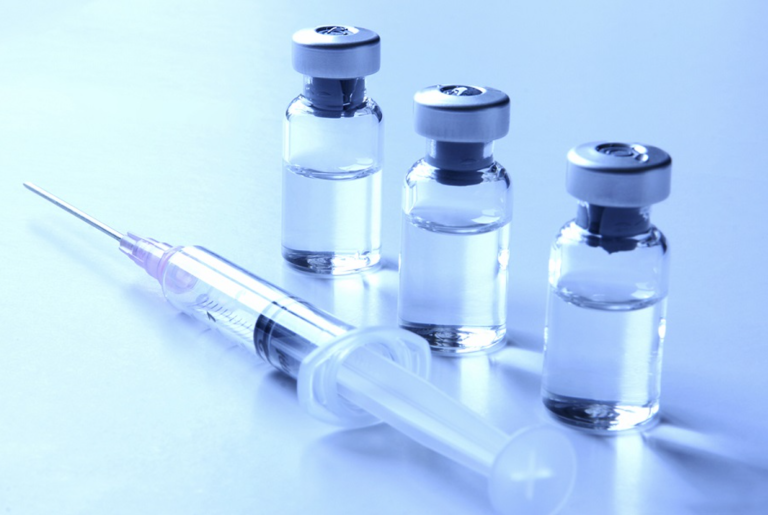The European Union (EU) has announced an investment of 18 million Euros to support vaccine research in Nigeria.
The declaration was made by Amb. Samuela Isopi, the Head of the EU Delegation to Nigeria and ECOWAS, during the presentation of the National Plan for Vaccine Research and Development and Local Production 2024-2034 in Abuja.
The National Institute for Pharmaceutical Research and Development (NIPRD) spearheaded the plan’s development with collaborative support from the EU and the Bulgarian Government. Isopi emphasized the EU’s alignment with Nigeria’s priorities, expressing the timeliness of the plan’s unveiling.
The investment
- Isopi, represented by Prof. Leila Mathieu, highlighted the EU’s commitment to invest in vaccine research, allocating 18 million euros as full grants to public research institutions and other partners.
- The EU aims to collaborate closely with Nigeria’s Ministry of Health and public institutions, fostering a Team Europe spirit with Bulgaria in the continental initiative for vaccine manufacturing.
- Further, Isopi mentioned additional smaller projects in Nigeria focused on public health institutions and digital health in the EU pipeline.
Amb. Yanko Yordanov, the Bulgarian Ambassador to Nigeria, affirmed the long-term nature of the partnership between Bulgaria and Nigeria in the health sector. He pledged support for the plan’s implementation, providing funding and leveraging Bulgaria’s expertise in research, development, and vaccine implementation.
Dr. Tunji Alausa, the Minister of State for Health and Social Welfare, acknowledged the generous efforts of the EU and Bulgaria, emphasizing the need for local vaccine production in Nigeria. Alausa commended the partnership triggered by COVID-19 and stressed the importance of building capacity for sustainable healthcare.
The National Plan, presented by NIPRD Director-General Dr. Obi Adigwe, is considered a crucial step toward initiating local vaccine production in Nigeria. It outlines a 10-year strategy to promote vaccine research and development, reduce vaccine hesitancy, improve access, and encourage local production within both public and private health sectors.

